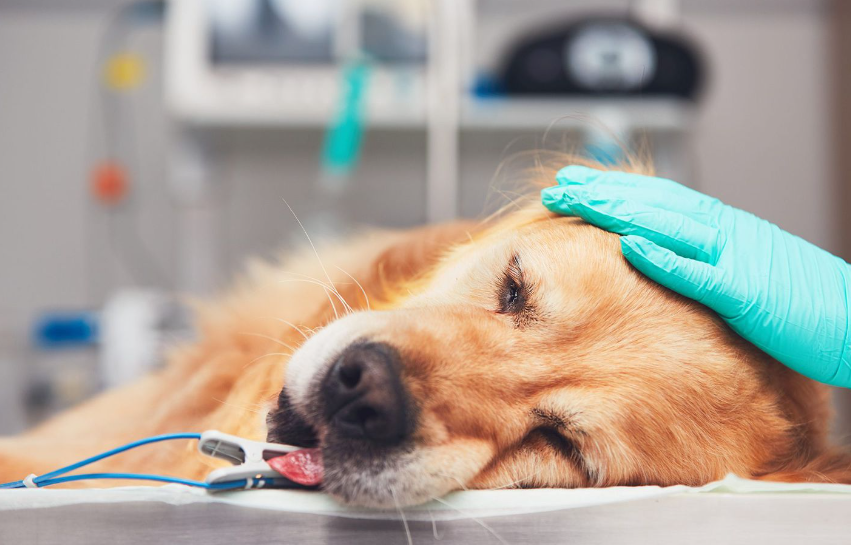In the realm of dentistry and surgery, the presence of an anaesthesia dentist plays a crucial role in ensuring patient comfort, safety, and successful outcomes. From routine dental procedures to complex surgeries, the expertise of these specialised professionals is indispensable. Let’s delve into the important role that an anaesthesia dentist fulfils in the surgical setting.
Ensuring Patient Comfort and Safety
One of the primary responsibilities of an anaesthesia dentist is to administer anaesthesia to patients undergoing dental procedures or surgery. By carefully assessing each patient’s medical history, allergies, and individual needs, they tailor the anaesthetic approach to ensure optimal comfort and safety throughout the procedure.
Facilitating Complex Surgical Procedures
In addition to providing anaesthesia, an anaesthesia dentist often plays a pivotal role in facilitating complex surgical procedures, such as dental implants, extractions, and reconstructive surgeries. Their presence ensures that patients remain comfortable and pain-free throughout the procedure, allowing the surgical team to focus on precision and accuracy.
Monitoring Patient Vital Signs
During surgery, an anaesthesia dentist is responsible for closely monitoring patient vital signs, including heart rate, blood pressure, and oxygen saturation levels. This continuous monitoring allows them to promptly identify and address any potential complications or adverse reactions to anaesthesia, ensuring the safety and well-being of the patient throughout the procedure.
Providing Post-operative Care
After surgery, the role of an anaesthesia dentist extends to providing post-operative care and pain management for patients. They may prescribe pain medications, monitor recovery progress, and offer guidance on post-operative oral hygiene and diet. By closely monitoring patients during the initial recovery period, they can identify and address any post-operative complications, ensuring a smooth and successful recovery process.
Collaborating with Surgical Team
Throughout the surgical process, an anaesthesia dentist collaborates closely with other members of the surgical team, including oral surgeons, dental assistants, and nurses. Their expertise and communication skills are essential for coordinating anaesthetic administration, monitoring patient status, and addressing any concerns or challenges that may arise during the procedure. This collaborative approach ensures that surgeries are conducted safely, efficiently, and with the highest standards of patient care.
Conclusion
In conclusion, the role of an anaesthesia dentist in surgery cannot be overstated. From ensuring patient comfort and safety to facilitating complex surgical procedures and providing post-operative care, their expertise is indispensable in achieving successful outcomes. Whether in a dental clinic, hospital operating room, or specialised veterinary practice, the presence of an anaesthesia dentist is essential for the delivery of high-quality surgical care.

